If We Want To Talk About Diversity In Gaming, We Need To Be Intersectional
It’s all about the big picture.
You Are Reading :If We Want To Talk About Diversity In Gaming We Need To Be Intersectional
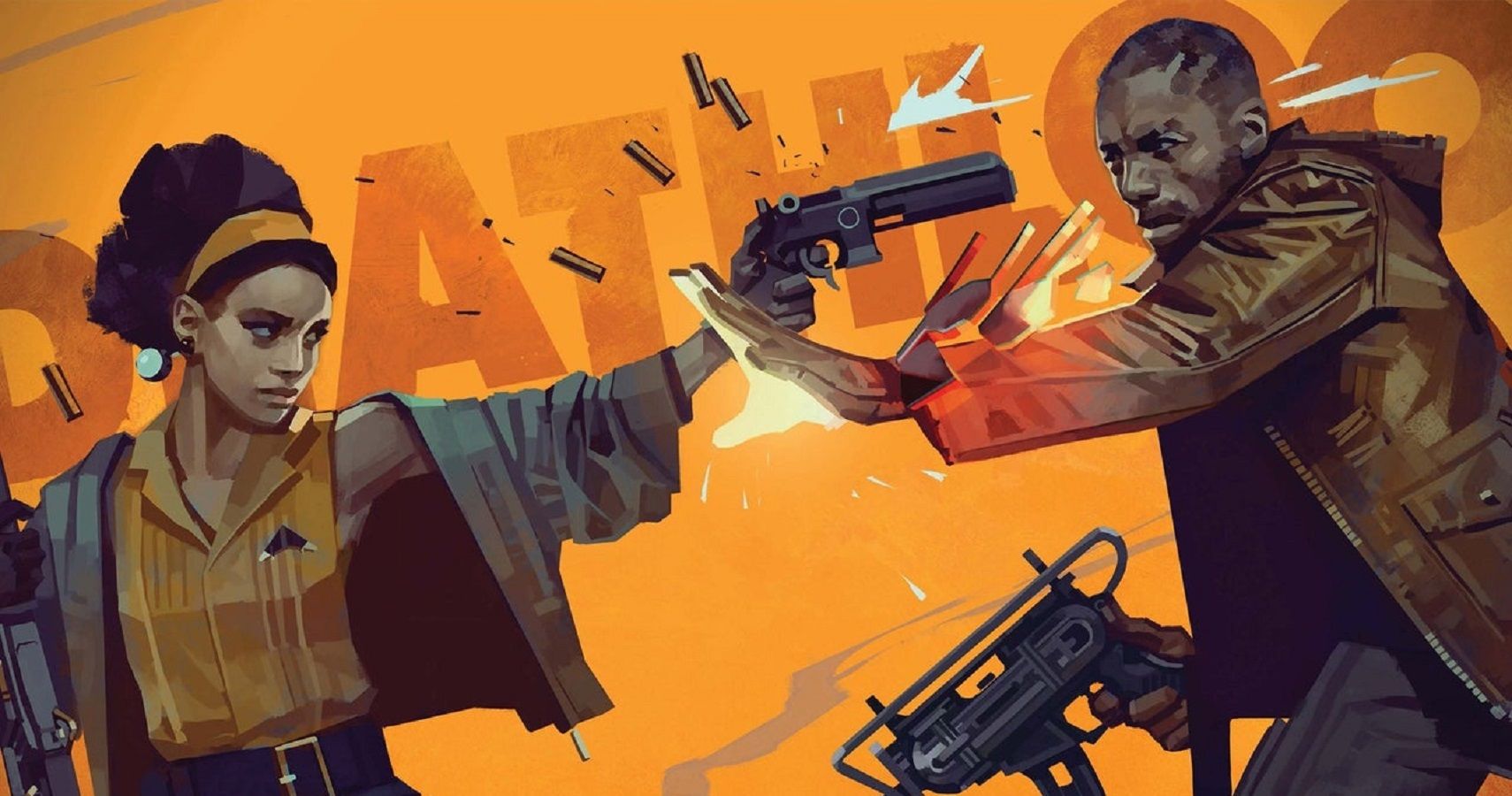
Diversity in gaming is a contentious issue. Most people would agree that our industry could do with being more diverse at every level, but those who disagree tend to do so viciously and vehemently. While this bunch tends to be a (very) vocal minority, their toxicity invades every discussion, and makes it difficult to get out of a “we need more” v “no we don’t” rut – for that reason, I’m deliberately excluding them from this discussion. So for those of us who understand that gaming needs to become more exclusive, we need to be more intersectional.
There are lots of fantastic organisations within gaming that strive for a very specific type of representation or diversity. They may push for accessibility for disabled gamers, for more opportunities for women, for Black people, for Black women, for trans people… because gaming has a wide audience (despite the lack of diversity in many influential positions), there are plenty of organisations out there that fight for every niche and underrepresented group you can think of – and that’s great. That’s vital. But it feels like in order for gaming to make substantial steps in diversity, there needs to be a more cohesive, intersectional approach.
If all of these groups are successful in their mission to to push forward the underrepresented groups they stand for, then intersectionality would happen by chance – but if there was a greater sense of togetherness on the side of the disenfranchised, this mission would become a lot easier; especially in the face of the “no we don’t” crowd, who still enjoy large platforms to project their incredibly loud voices from.
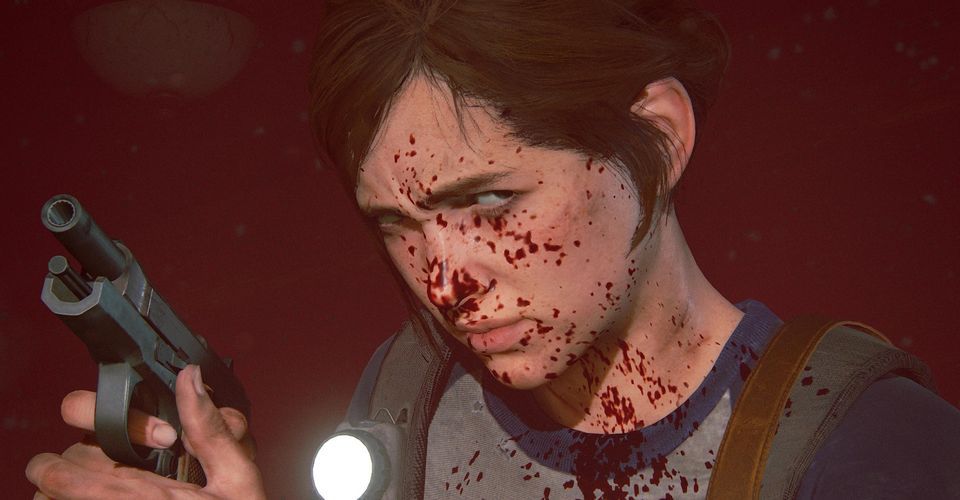
I’ve been guilty of this myself. I’m a white trans woman, and most of the time when I write about diversity and representation in gaming, I do it through that very personal lens. Topics that mostly affect women, or trans people, or queer people, in general, tend to be the areas I hone in on. I accept that gaming doesn’t do enough in terms of accessibility for disabled gamers, and that Black women deal with the double barrels of racism and sexism, but I probably don’t write about it enough. Part of that is the fear that I’m speaking for those groups, or speaking over them, when I don’t have the authority or experience to do so. I might say the wrong thing, or end up hurting the group I’m trying to help.
There’s also the fact that I have no skin in that particular game – or at least, feeling like I don’t. I don’t see the problems that affect those communities because I am not a part of those communities. I could argue that in terms of the current political climate, their acceptance within society and gaming as a whole, and harassment that trans women are at the bottom of the pile and that I should use my voice to help my own – but isn’t that the point? Couldn’t a disabled person, or a Black person, or an Asian person equally feel as if they are constantly at the bottom of the pile, being punched down at by the majority above? And people do not fit neatly into categories – you can be trans, and Black, and disabled, and while having three different groups fighting for you might seem three times as effective, it also means that your unique experience across all three groups probably isn’t being considered when each group advocates for its own in very specific ways.
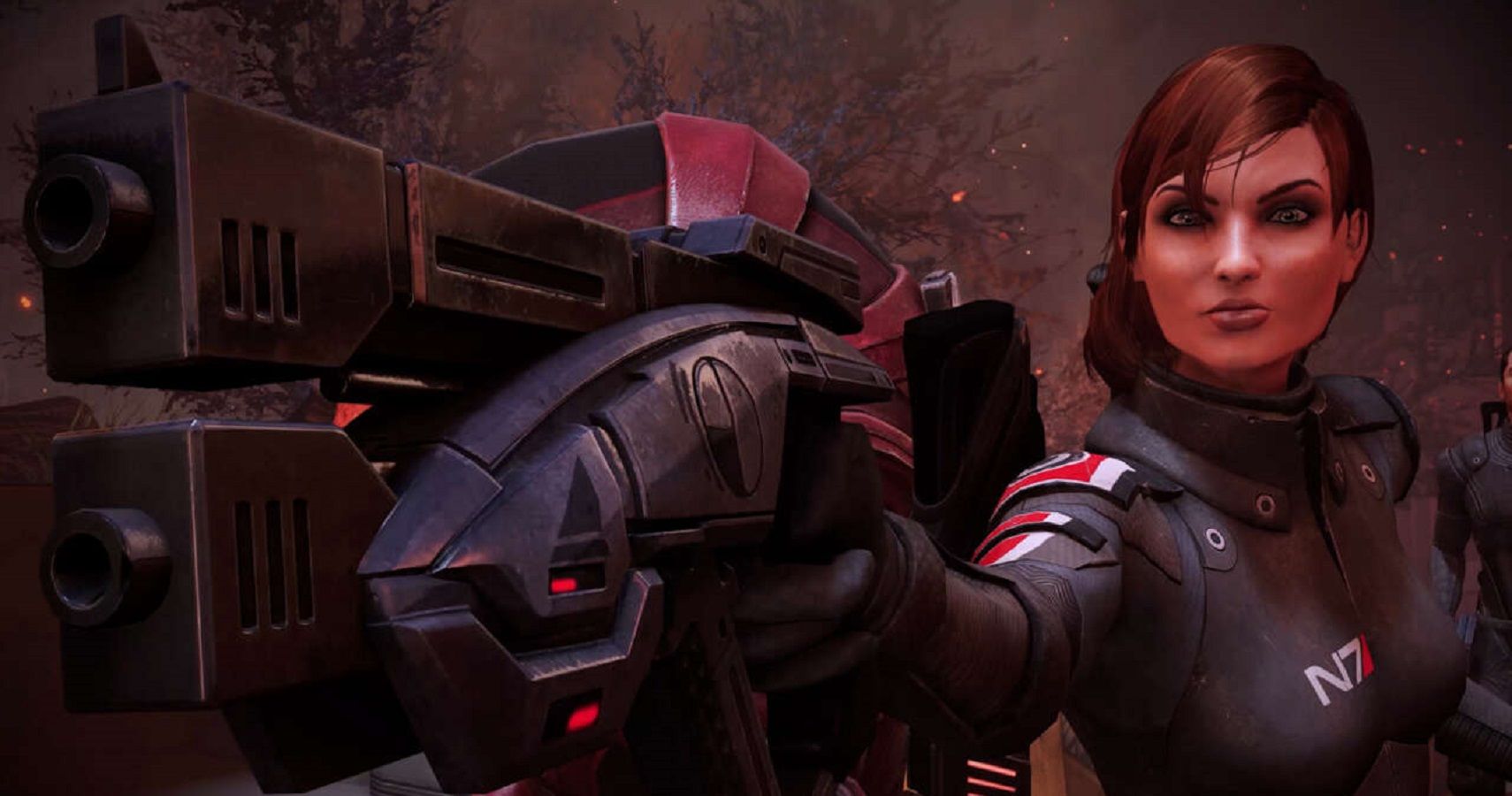
I’m not writing this to call out any specific organisations – they need to exist, especially in the face of the “no we don’t” crowd, and they do brilliant work in making their communities safe and welcome while gaming as a whole can seem as if it is trying its best to push them out. But the ways we as individuals discuss diversity in gaming needs an update.
White, cisgender, able bodied men are well represented in gaming – even the most ardent opponent of diversity couldn’t argue against that – and they’re closely followed by white, cisgender, able bodied women. There’s still not equality between those two groups, but compared to everyone else, they have it made. It’s tempting to view white, cisgender, able bodied women as part of gaming’s diversity, and white, cisgender, able bodied men as the default, but it’s more complicated than that. Painting it in that fashion makes it seem as if the proportion of white, cisgender, able bodied men is a fixed constant, and that the rest of us need to duke it out for the space remaining.
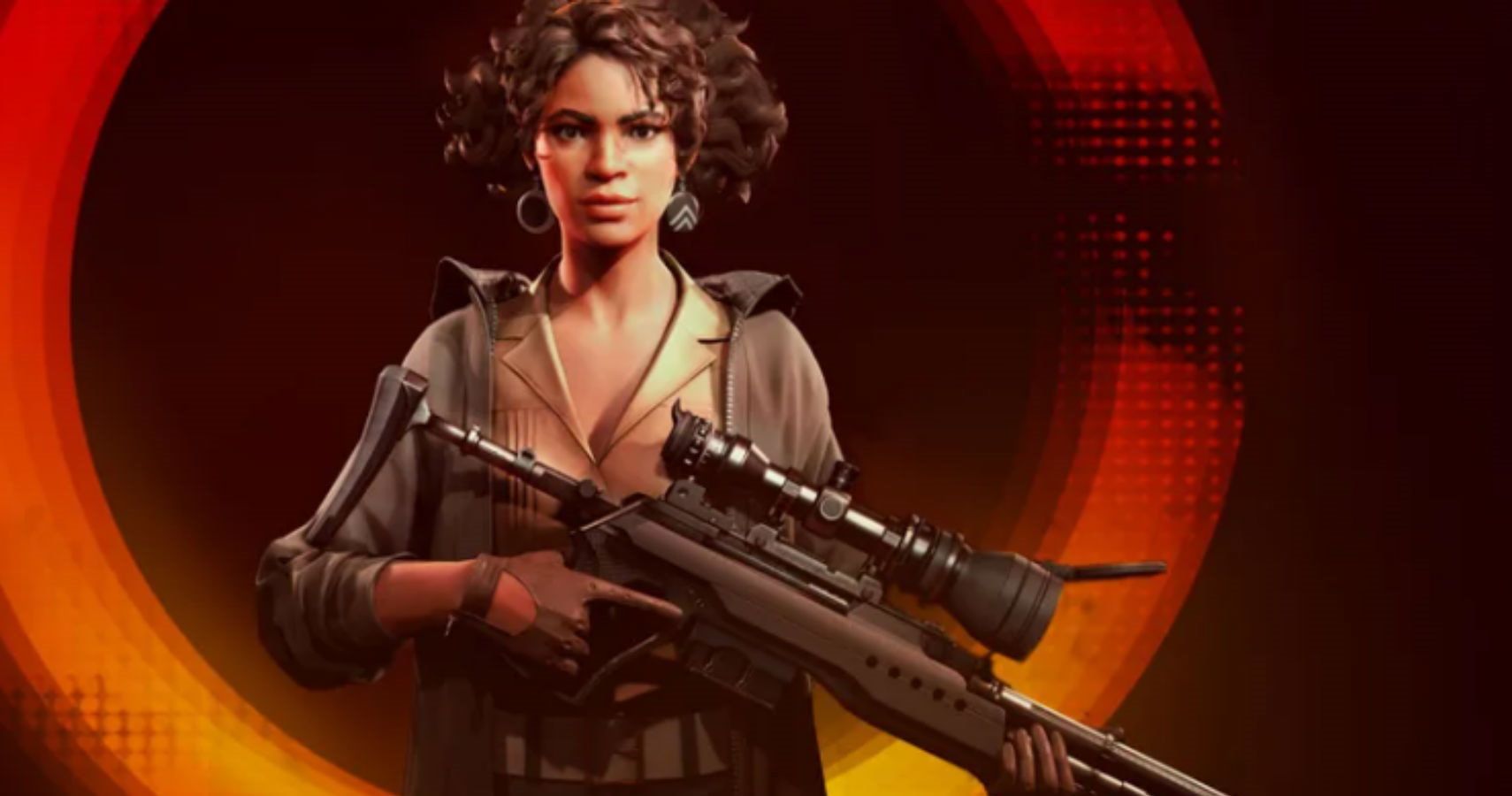
Studios that have white (etc) male leads will continue to produce games with leads that look exactly the same as those who have been at the forefront of gaming for decades, while studios already ‘risking’ things with white (etc) female leads should be pushed to have more Black leads, more disabled leads, more trans leads. It establishes the idea that there are ‘too many’ white (etc) women in gaming – while that may be true, it is demonstrably more true that there are ‘too many’ white (etc) men, and perhaps the solution isn’t to kick anybody off the table, but to build a bigger one. But at the same time, white (etc) women need to understand that they have a position of relative privilege compared to many other groups, and should be leveraging that for progress for all, instead of being satisfied at their own representation.
The conversation needs to shift away from games themselves, away from the idea that there are ‘too many’ of a certain group, especially when the argument is that this group should be replaced by another. If you switched out half of the white, cisgender, able bodied female leads for Black, cisgender, able bodied female leads, gaming would be more representative – but only for one specific group. Trans people would be where they started, disabled people would be, Asian people would be. I understand the urge to look at the struggles of your own community and feel the need to advocate for them – I’ve done this many times myself, and throughout history these very focussed struggles have proven effective. But gaming needs to be more reflective.
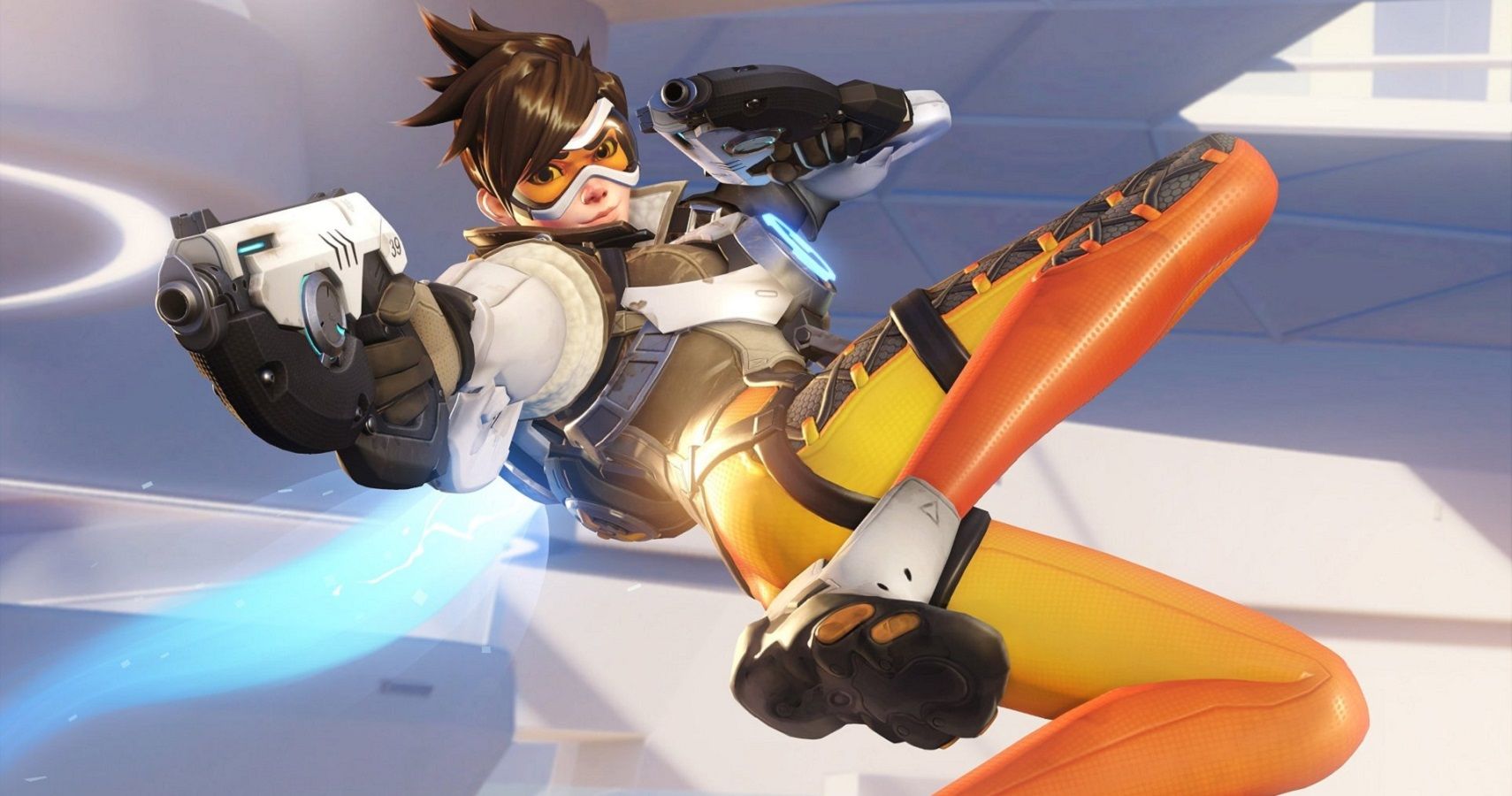
Who leads a game is secondary to the wider issues of representation on the screen. I’d love to see more trans characters in gaming, but it wouldn’t mean much if they weren’t in games being written or developed or influenced by trans voices. It’s a lithograph of representation, not representation itself. The discussion should be about getting more diverse voices within gaming, getting more stories and cultures and influences flowing into our medium. Allowing gaming to take from fresh perspectives, from unexplored heritages. And those people need organisations that fight for them and support them, but we need to take our focus off who gets to be on the box art and onto who gets into the boardroom. The best way to do that is to be intersectional and lift up diverse voices wherever we find them.
Link Source : https://www.thegamer.com/diversity-in-gaming-intersectional/
